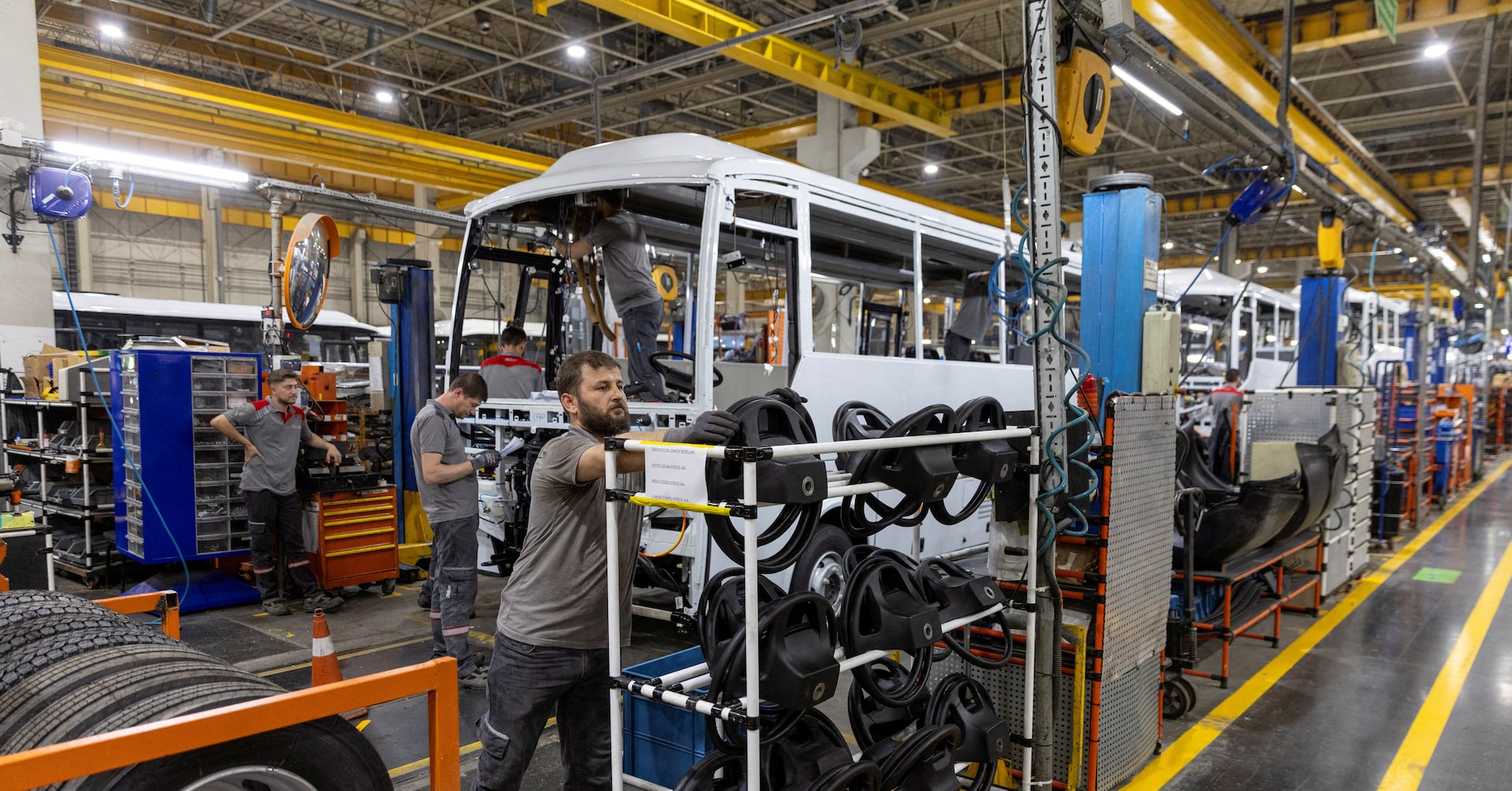Manufacturing Slowdown Deepens: Turkey's Industrial Sector Struggles in January

Turkey's manufacturing sector faced significant challenges in January, experiencing a deeper contraction that signals ongoing economic headwinds. According to the latest business survey released on Monday, the industry witnessed a notable decline across multiple key indicators, including output, new orders, and employment.
The sharp downturn suggests persistent difficulties for Turkish manufacturers, who are grappling with complex economic conditions. The comprehensive survey highlights the mounting pressures within the sector, revealing a broader trend of economic uncertainty that could have far-reaching implications for the country's industrial landscape.
Declining output and reduced new orders point to potential structural challenges facing Turkish manufacturing, potentially reflecting broader economic constraints such as inflation, currency fluctuations, and global market uncertainties. The simultaneous drop in employment further underscores the sector's current fragility and the potential economic ripple effects.
As businesses and policymakers closely monitor these developments, the January survey serves as a critical snapshot of the manufacturing sector's current state, offering valuable insights into Turkey's economic trajectory in the coming months.

